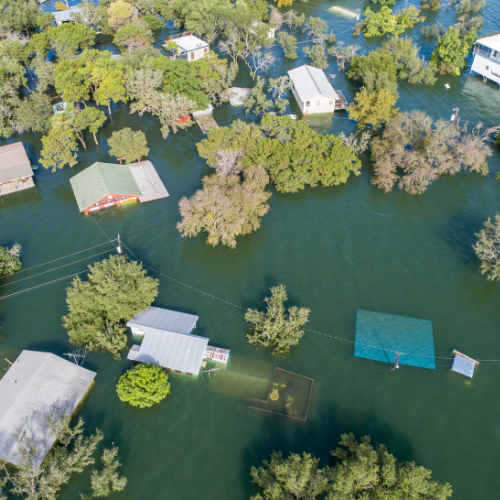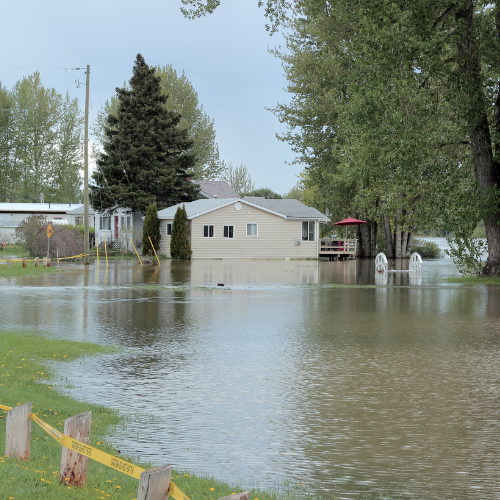Tennessee’s ELVIS Act: How New AI Laws Protect Musician’s Voices, Images, and Creative Rights
AI is changing the way music is created, distributed, and consumed-and not always in ways that benefit artists. If you’ve spent any time on streaming platforms lately, you may have come across an artist who seemed to appear overnight: polished tracks, impressive streaming numbers, and a rapidly growing fanbase. Recent controversy around bands like The Velvet Sundown has raised an important question for musicians and creators:

If AI can create music-even “artists”-what protections exist to stop someone from using your voice, likeness, or identity without permission?
Tennessee has taken a major step toward answering that question.
The ELVIS Act: A First-of-Its-Kind Law in the U.S.
The ELVIS Act (Ensuring Likeness Voice and Image Security Act)- the first legislation in the United States specifically designed to protect musicians and other individuals from the unauthorized use of their voices through AI, deepfakes, and voice-cloning technology.
The ELVIS Act expands Tennessee’s existing Name, Image, and Likeness (NIL) protections and introduces several important updates, including:
- Expanded definition of “voice”.
- “Voice” is now defined as a sound in a medium that is readily identifiable and attributable to a particular individual-whether it is the actual voice or a simulated version of that voice.
- Property rights over identity.
- Every individual has a property right in the use of their name, photograph, voice, and likeness in any medium or manner.
- Civil liability for unauthorized commercial use.
- Anyone who knowingly uses or infringes on an individual’s name, photograph, voice, or likeness for advertising, merchandise, fundraising, or other commercial purpose is to produce an individual’s photograph, voice, or likeness without authorization.
- AI-specific liability.
- The law creates civil liability for distributing or transmitting content to an algorithm, software tool, or technology service when the primary purpose is to produce an individual’s photraph, voice, or likeness without authorization.
- Lowered knowledge threshold for liability.
- The standard has shifted from “had knowledge” to “knew or reasonably should have known” that the use was unauthorized-making it easier for creators to hold bad actors accountable.
Why This Matters for Musicians and Creators
The ELVIS Act closes a growing legal gap by formally extending name, image, and likeness protections to include voice-both real and simulated. This is critical as AI tools become more sophisticated and more accessible.
For musicians, this law:
- Protects against unauthorized voice cloning
- Limits the commercial use of AI-generated versions of your voice
- Creates legal consequences for businesses and platforms that misuse identity-based AI tools
- Expands accountability for those who “should have known” their use was unauthorized
In short, Tennessee has created meaningful guardrails that protect creative identity in the age of AI.
A National Signal from a Major Music State
Tennessee’s leaders on this issue matters. The state supports more than 61,000 industry jobs and contributes $5.8 billion to the state’s economy through music and creative industries. The ELVIS Act sets a precedent that other states are likely to follow as AI-generated content continues to reshape entertainment, marketing, and media.
As AI expands into nearly every area of business and creative work, artists should stay informed about legislative changes-especially how emerging technology may impact their voices, likenesses, and revenue streams. Understanding your rights is the first step to protecting your work.
How WFJ Can Help
WFJ regularly advises business owners and creatives navigating contracts, licensing, and intellectual property rights. As laws around AI evolve, our team can help you:
- Understand how new legislation applies to your creative work
- Protect you voice, image, likeness, and ideas
- Enforce your rights when unauthorized use occurs
- Structure contracts to account for AI-related risks
If you’re concerned about how AI may affect your work, your brand, or your income, WFJ can help you navigate this rapidly changing legal landscape with clarity and confidence.
About the Author
Paige Kochanski is an attorney in WFJ’s Entertainment Law group. Her practice focuses on music, film, and creative content matters. She regularly assists clients with contracts related to music, songwriting, publishing, copyright, and licensing, and is passionate about helping businesses and creatives protect their work and their rights.







